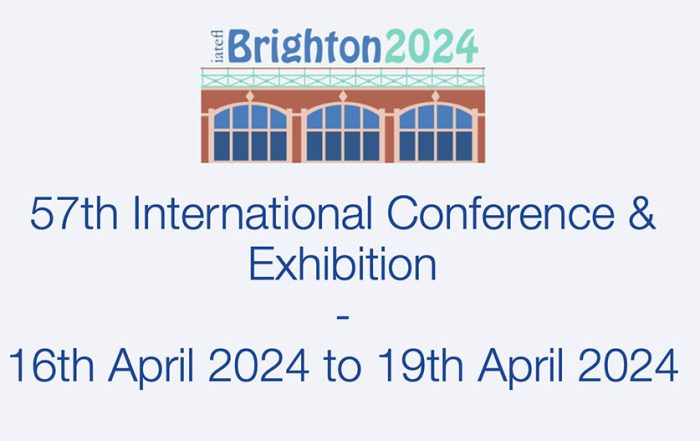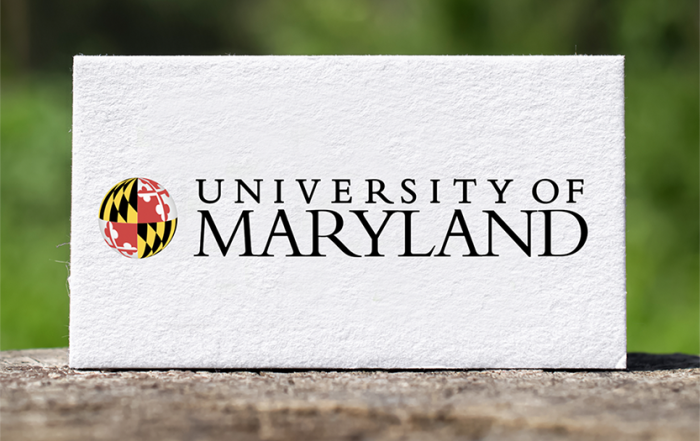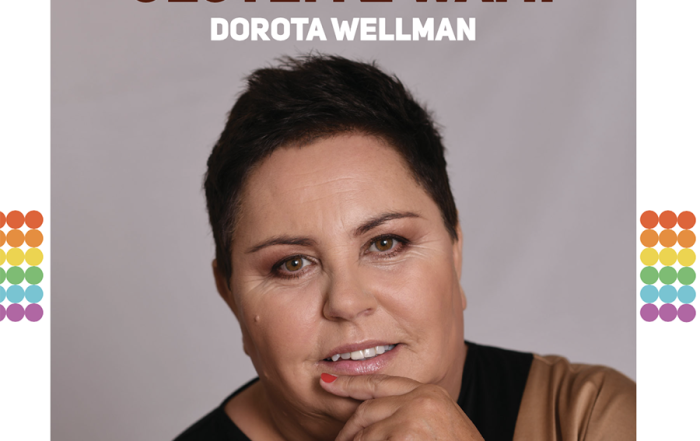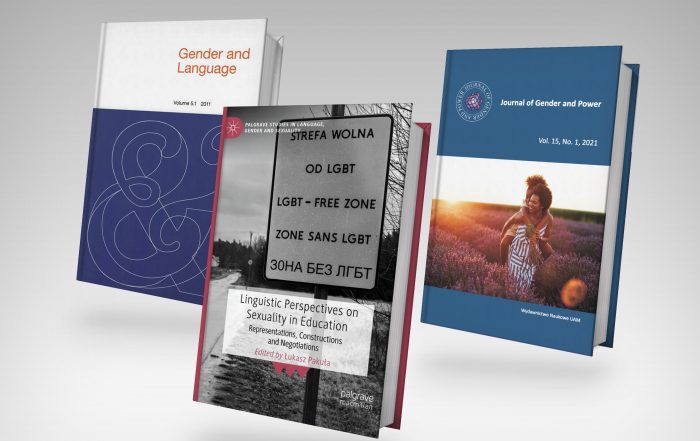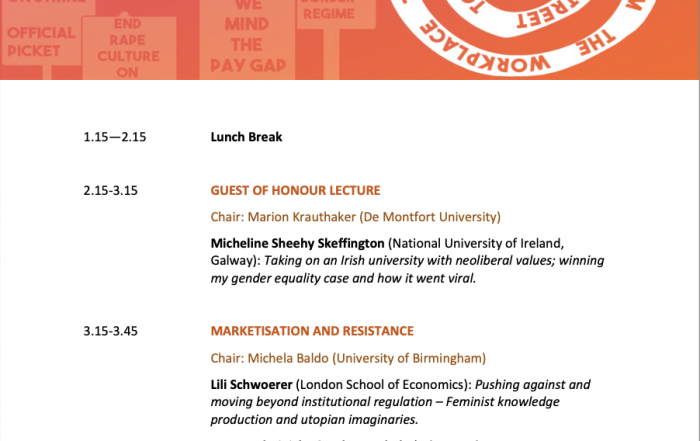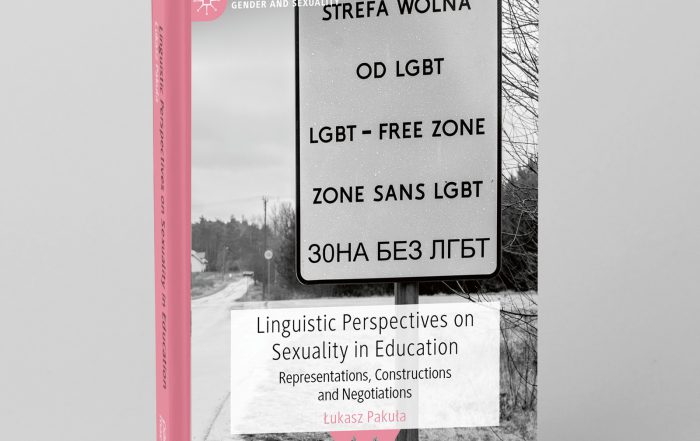New book out soon!
It’s been an immensely educational, intelectually stimulating and — most importantly — exciting journey! Yes, my edited collection, Linguistic Perspectives on Sexuality in Education: Representations, Constructions and Negotiations, is in the works and will be published in April 2021. I’m thrilled to have worked on it with crème de la crème of language and sexuality studies scholars who have contributed innovative chapters. If you’re interested in the intersection of queer linguistic studies and educational inquiries, this is a must-read for you. Also researchers from other domains of critical inquiry will find this synergy of perspectives and methodologies worthwhile. Last but not least, teachers and educational stakeholders should be able to fish out bits and pieces on how to make schools and universities welcoming spaces for all.
More details can be found here.

The book has been endorsed by Allyson Julé and William Leap:
“This is a breath of fresh air – a collection of scholars from nine different countries who come together here to focus on sexuality in language education through a linguistic lens. Łukasz Pakuła has done a remarkable job of understanding where the field has been, who has contributed to it, and where it needs to go now. The English language classroom has never been explored like this before. The particular grappling with ‘representations, constructions and negotiations’ gives the language teaching world what it needs: a reckoning with queer identities and the places of intersection with a heteronormative world.”
– Allyson Jule, Trinity Western University, Canada
“These papers explore the damages created by curriculum, instruction and educational policy when classroom practice endorses heteronormative, social and linguistic privilege. The papers specify changes in policy and practice that will bring endorsements of gender and sexual diversity(s) into the classroom. This is queer linguistics oriented around social action and social justice. The synergy stemming from the perspectives and methodologies in this collection offers a comprehensive picture of the diversity of research in this emerging field.”
– William L. Leap, Florida Atlantic University, USA
Related posts
Speaking at the 57th IATEFL Conference in Brighton!
Speaking at the 57th IATEFL Conference in Brighton! I am thrilled to share that my talk proposal has been accepted for the upcoming 57th International Association of Teachers of English as a Foreign [...]
Joining University of Maryland Global Campus as Adjunct Assistant Professor!
Joining University of Maryland Global Campus as Adjunct Assistant Professor! I’m excited to share some big news with you all: I’ve officially joined the University of Maryland Global Campus (UMGC) as an Adjunct [...]
Sharing Insights in Replika Magazine: A Dialogue on Language and Identity
Sharing Insights in Replika Magazine: A Dialogue on Language and Identity I recently had the honor to engage in a conversation with Joanna Chojnicka, brilliantly orchestrated by Jakub Wojtaszczyk from the Replika magazine. [...]
Reviews of “Linguistic Perspectives on Sexuality in Education: Representations, Constructions and Negotiations”
First reviews of Linguistic Perspectives on Sexuality in Education I vividly remember one of the first workshops on publishing in prestigious academic venues I attended. It was conferred during the Lavender Languages and [...]
Gender and Sexuality in the Neoliberal University Conference
Gender and Sexuality in the Neoliberal University Conference This year has been different for all of us. Most academic conferences moved online and fared pretty well there. Although, I must admit that self-identifying as [...]
This journey is over… or is it just the beginning?
This journey is over... or is it just the beginning? And it’s out! A collective effort to introduce a wholistic linguistic perspective to the study of sexuality in educational contexts Linguistic Perspectives on [...]

